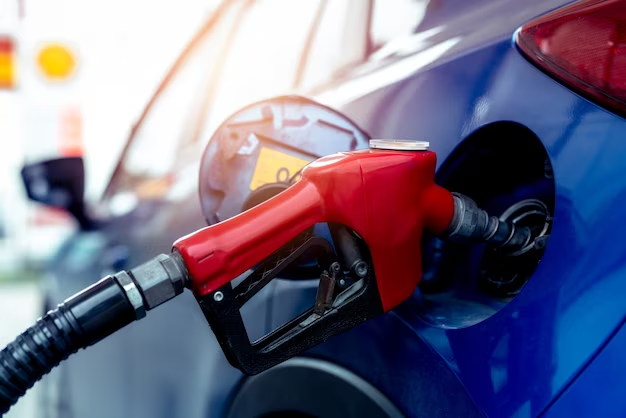Labour would reinstate 2030 ban on new ICE car sales Labour has announced plans to reinstate a ban on the sale of new petrol and diesel cars from 2030 if it wins the next election. The ban was originally proposed by the government in 2020, but was later scrapped. Now, Labour is calling for the ban to be reinstated to tackle climate change. The announcement comes as part of Labour’s wider plan to tackle the climate crisis.
The party has pledged to reduce the UK’s carbon emissions to net zero by 2030, and to invest in green technologies and infrastructure to achieve this goal. The ban on new petrol and diesel cars is seen as a key part of this plan. Labour believes that by banning the sale of new internal combustion engine (ICE) cars, it can encourage consumers to switch to electric vehicles (EVs) and reduce the UK’s carbon emissions.
According to Labour, the ban would be accompanied by a range of other measures to support the transition to EVs. These would include investment in charging infrastructure, incentives for EV buyers, and funding for research and development of new technologies. Critics of the plan have argued that it could lead to job losses in the automotive industry, as well as higher prices for consumers.
However, Labour has argued that the transition to EVs will create new jobs in the manufacturing and installation of charging infrastructure, and that incentives for EV buyers will help to offset higher purchase prices. The announcement has been welcomed by environmental campaigners, who have long called for a ban on new ICE car sales.
It remains to be seen whether the ban will be implemented, as it would require a Labour government to be elected and to win a majority in Parliament. In the meantime, the automotive industry is already making plans to transition to EV production. Many major car manufacturers have announced plans to phase out ICE cars in the coming years, and are investing heavily in the development of new EV models.
Overall, the announcement by Labour is a significant development in the UK’s efforts to tackle climate change. If the ban is implemented, it could have a major impact on the automotive industry and on the UK’s carbon emissions. However, it remains to be seen whether Labour will be able to win the next election and implement its plans for a greener future.













